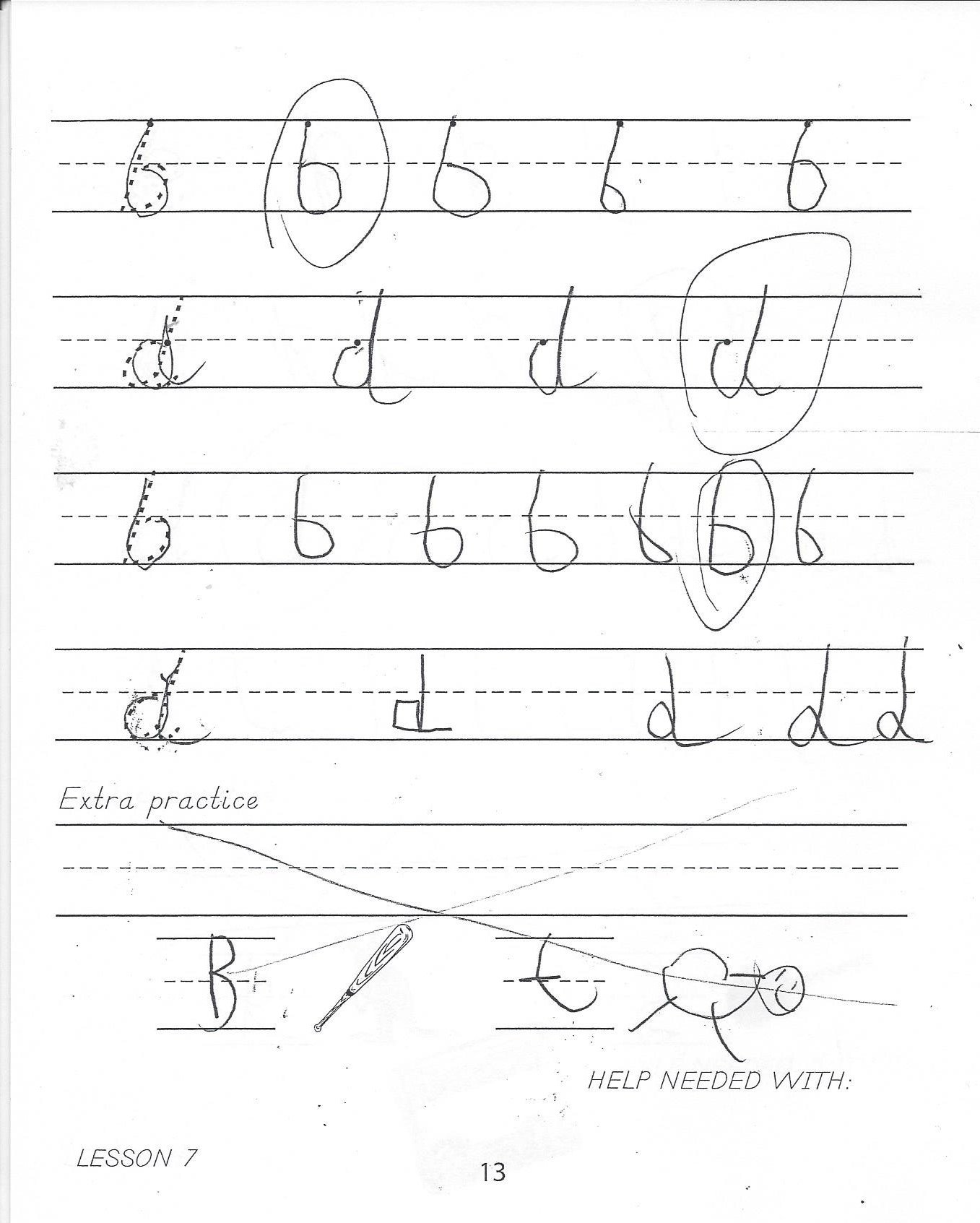Why the science of teaching writing doesn’t include telling kids “Do your best”
Yes, you are hearing me correctly.
Don’t tell children to “do their best”.
There are three reasons why teachers say this (that I can think of), and two of the reasons aren’t good. The not-good reasons are…
We know that what we’re asking is beyond what many can actually do with confidence.
The assignment has no clear criteria for success.
Let’s think about the first reason.
In the years when I often said, “Do your best!”, it was sort of like being a cheerleader for a losing team. I would have just given as assignment, and on some level I knew that the odds weren’t strong for many of them to do it well. “Do your best” was a request was that they face the task valiantly and if they were losing at it, to at least be cheerful about losing.
Now I view my instruction differently. Before giving students an assignment, I ask myself: Have they had lots of exposure to this kind of assignment? Have they had plenty of guided practice? Do they have all of the preliminary skills needed to do a good job?
Something I remember from Anita Archer’s weeklong training is that it’s not “I do it, we do it, you do it.” It’s “I do it, we do it, we do it, we do it, we do it, you do it.” Successful independent work is the goal, but simply giving independent work doesn’t accomplish that goal. We often think kids are ready for independent work when they are not.
Instead of “Do your best”, I’m now saying, “Your work should look like the examples we have done together over the last few days.” If you have taught it well, there will be no confusion, no hands in the air, no sense of impending failure.
Now, for the second not-good reason, which is, not holding students to a high standard.
When you say, “Do your best”, who gets to decide what the best is? Yup, you have just given complete power to the student to set the standard for success. This isn’t exactly setting children up for success in real life.
An example of this is how handwriting is traditionally taught. Children are taught to make a row of letters, told to “try your best”, and then circle the best letter. The result looks something like this:
I’m reading this 6-year-old’s mind: “My teacher wants me to make a lot of letters, but she’ll accept anything as long as I have one good one in each row. I don’t really feel like working that hard right now so I’ll just say I did my best.”
Here’s an example of a child who knows there is success criteria:
Here’s what’s going on in her mind: “I know my teacher is going to look carefully at my work and I’ll have to re-do anything messy. I think I’ll just do it right so I don’t have to erase and start over.”
Which student is going to get the most out of the lesson? And, the other interesting thing is, the first sweet teacher who was being so nice but not making her students work as hard, reported to me that her students were bored with handwriting. If the game is too easy to win, it gets boring. Up the ante, expect more and better, have higher standards, and children will find anything a fun challenge.
Are you wondering what my third – and good – reason is for saying “Do your best”?
Sometimes I give a pre-assessment to find out how much my class knows before I begin teaching a skill or topic. In this case, I explain to students that I know there will be some things on the assessment that they will not know, but I’m getting information on what I need to teach them. I say, “Do your best so I can see what I need to teach.”
Let me know if any of this is helpful to you. Or if you can think of any other reasons why teachers use this famous phrase!


